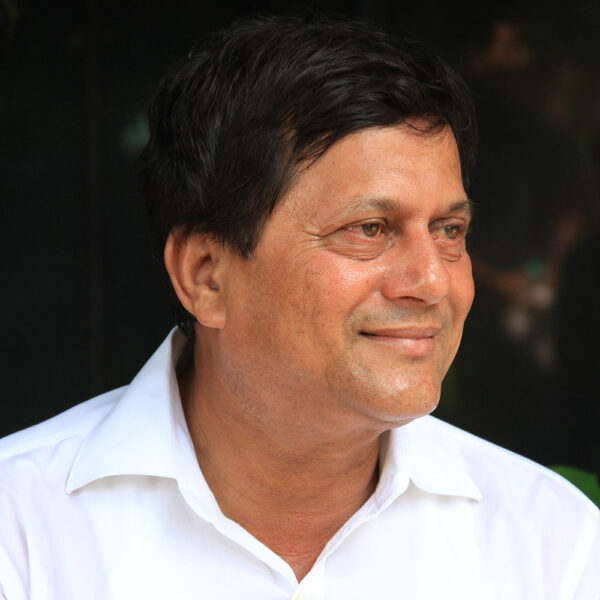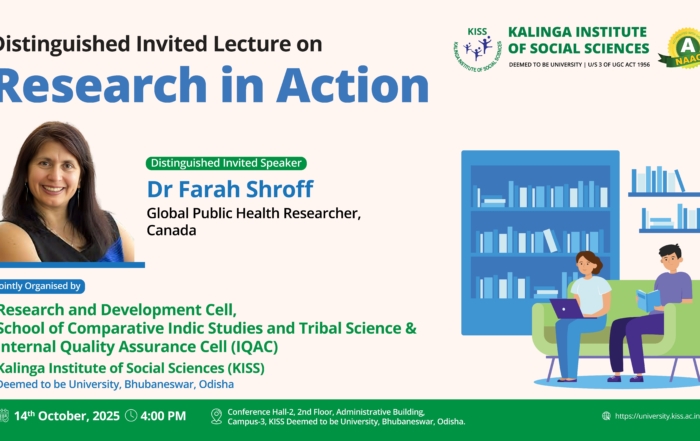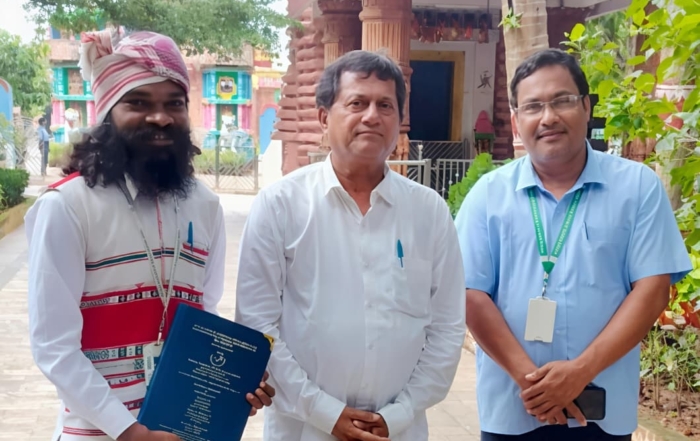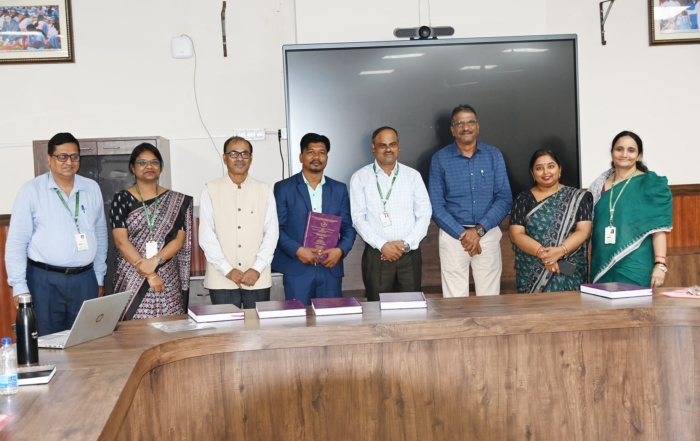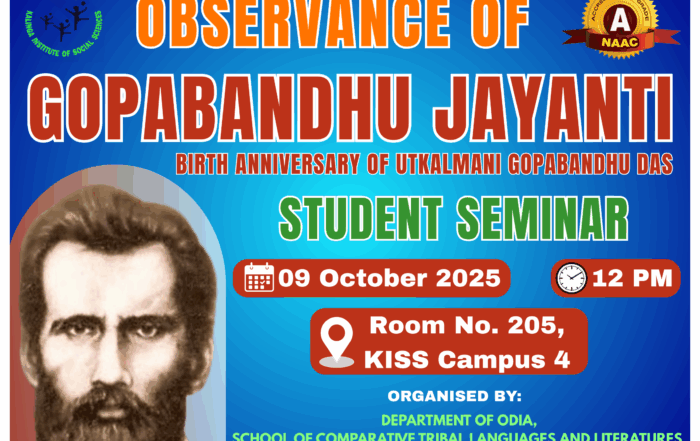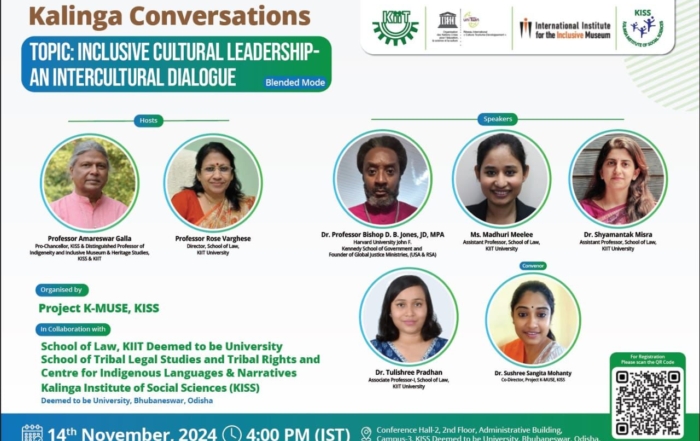SDG 16: Promote peaceful and inclusive societies for sustainable development, provide access to justice for all and build effective, accountable and inclusive institutions at all levels
- Significantly reduce all forms of violence and related death rates everywhere
- End abuse, exploitation, trafficking and all forms of violence against and torture of children
- Promote the rule of law at the national and international levels and ensure equal access to justice for all
- significantly reduce illicit financial and arms flows, strengthen the recovery and return of stolen assets and combat all forms of organized crime
- Substantially reduce corruption and bribery in all their forms
- Develop effective, accountable and transparent institutions at all levels
- Ensure responsive, inclusive, participatory and representative decision making at all levels
- Broaden and strengthen the participation of developing countries in the institutions of global governance
- provide legal identity for all
- Ensure public access to information and protect fundamental freedoms, in accordance with national legislation and international agreements
- Strengthen relevant national institutions, including through international cooperation, for building capacity at all levels, in particular in developing countries, to prevent violence and combat terrorism and crime
- Promote and enforce non-discriminatory laws and policies for sustainable development
Activities Undertaken
Strengthening society and solidarity by reducing violence and insecurities by:
- Implementing the motto of ‘Peace and Development’ through long-lasting community efforts, which help reduce insurgency in tribal regions of Odisha.
- Fostering a spirit of harmony among students from 62 unique tribes on campus, to celebrate diversity and peace.
- Creating a child friendly ecosystem on campus, which is devoid of abuse and punishment.
- Established a Dalai Lama Centre for Buddhist Studies.
- Maintaining Special Consultative Status with the UN Economic and Social Council (UNECOSOC) since 2015.
- Spreading peer education to foster harmony and peace in communities.
- Creating MOUs and partnerships with different organizations to promote harmony and diversity
- School of Tribal Legal Studies and Tribal Rights, School of Tribal Culture, Philosophy, and Eco-Spiritualism jointly organize research projects and capacity-building initiatives.
- Commemoration of UN mandated holidays.
- Active pursuit of all 17 of the UN’s Sustainable Development Goals.
Research Undertaken under SDG16
- Cultural Heritage and Sustainable Tourism- Promoting Sustainable Tourism in Tribal Regions: Balancing Development and Cultural Preservation
- Access to Justice in Tribal Areas- Barriers to Accessing Justice in Tribal Communities: Legal and Social Dimensions
- Strengthening Local Governance in Tribal Regions- Strengthening Gram Panchayats in Tribal Areas: A Study of Governance and Community Participation
- Human Rights and Tribal Communities– Human Rights Violations and Tribal Communities: Addressing Injustices through Strong Institutions
- Conflict Resolution and Peace building – Traditional Conflict Resolution Mechanisms in Tribal Societies: Their Relevance and Integration with Modern Systems
- Tribal Land Rights and Institutional Frameworks– Securing Tribal Land Rights:The Role of Legal and Institutional Frameworks in Preventing Displacement
- Corruption and Governance in Tribal Areas– Addressing Corruption in Tribal Areas: Strengthening Institutions for Transparent and Accountable Governance
- Role of Civil Society in Promoting Justice– The Role of Civil Society Organizations in Promoting Justice and Strong Institutions in tribal communities.
- Community Policing and Public Safety– Community Policing in Tribal Regions: Enhancing Public Safety through Local Participation
- Inclusive Decision-Making Processes– Promoting Inclusive Decision- Making in Tribal Governance: Challenges and Opportunities
- Judicial Reforms and Tribal Access to Legal Services– Judicial Reforms for Tribal Justice: Improving Access to Legal Services in Remote Areas
- Peace Education in Tribal Schools– Implementing Peace Education in Tribal Schools: Building a Culture of Peace and Non-Violence
- Gender Justice in Tribal Societies– Promoting Gender Justice in Tribal Communities: Addressing Discrimination and Building Strong Institutions
- Traditional Leadership and Modern Governance– Integrating Traditional Leadership Structures with Modern Governance in Tribal Areas

